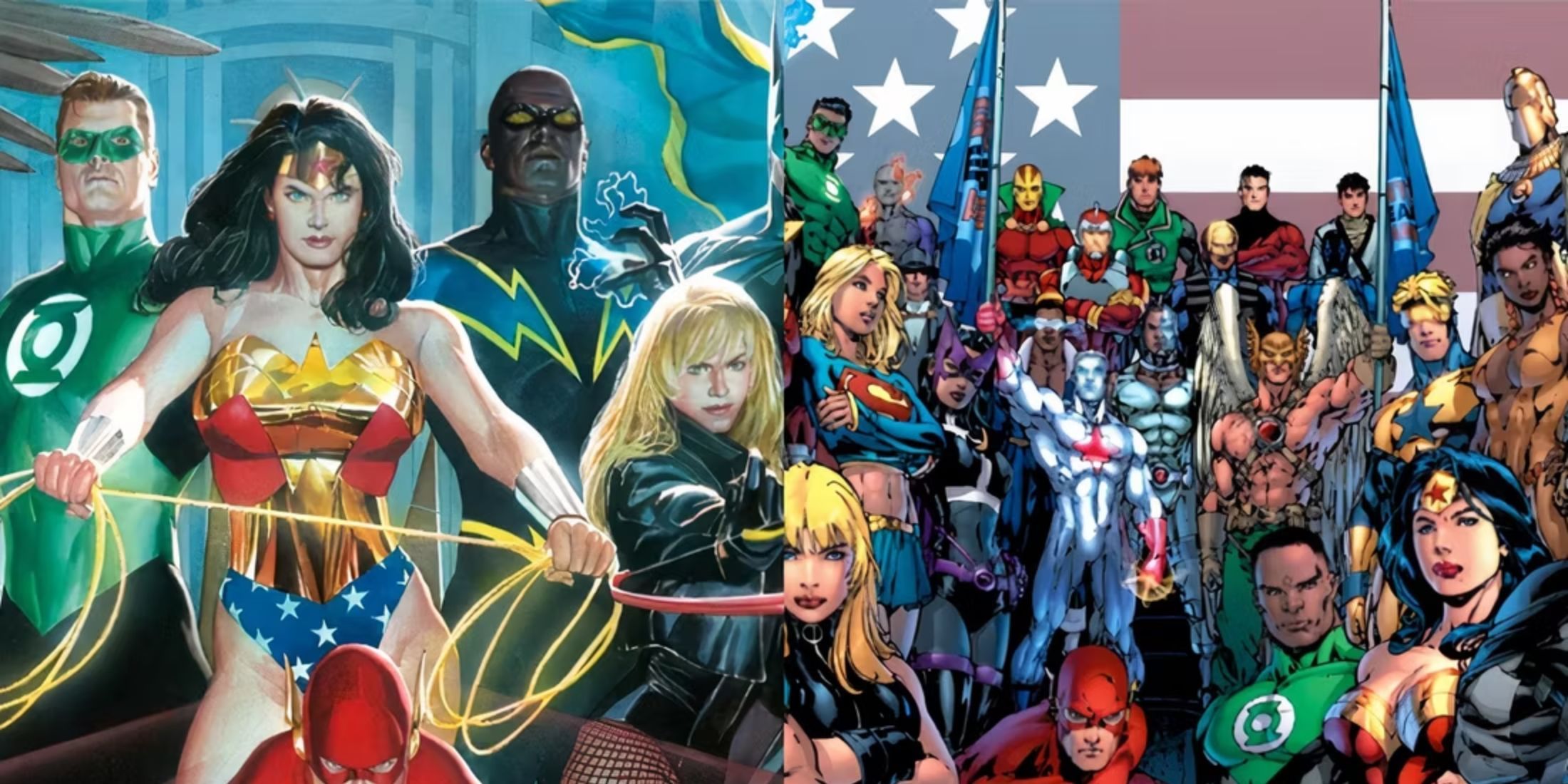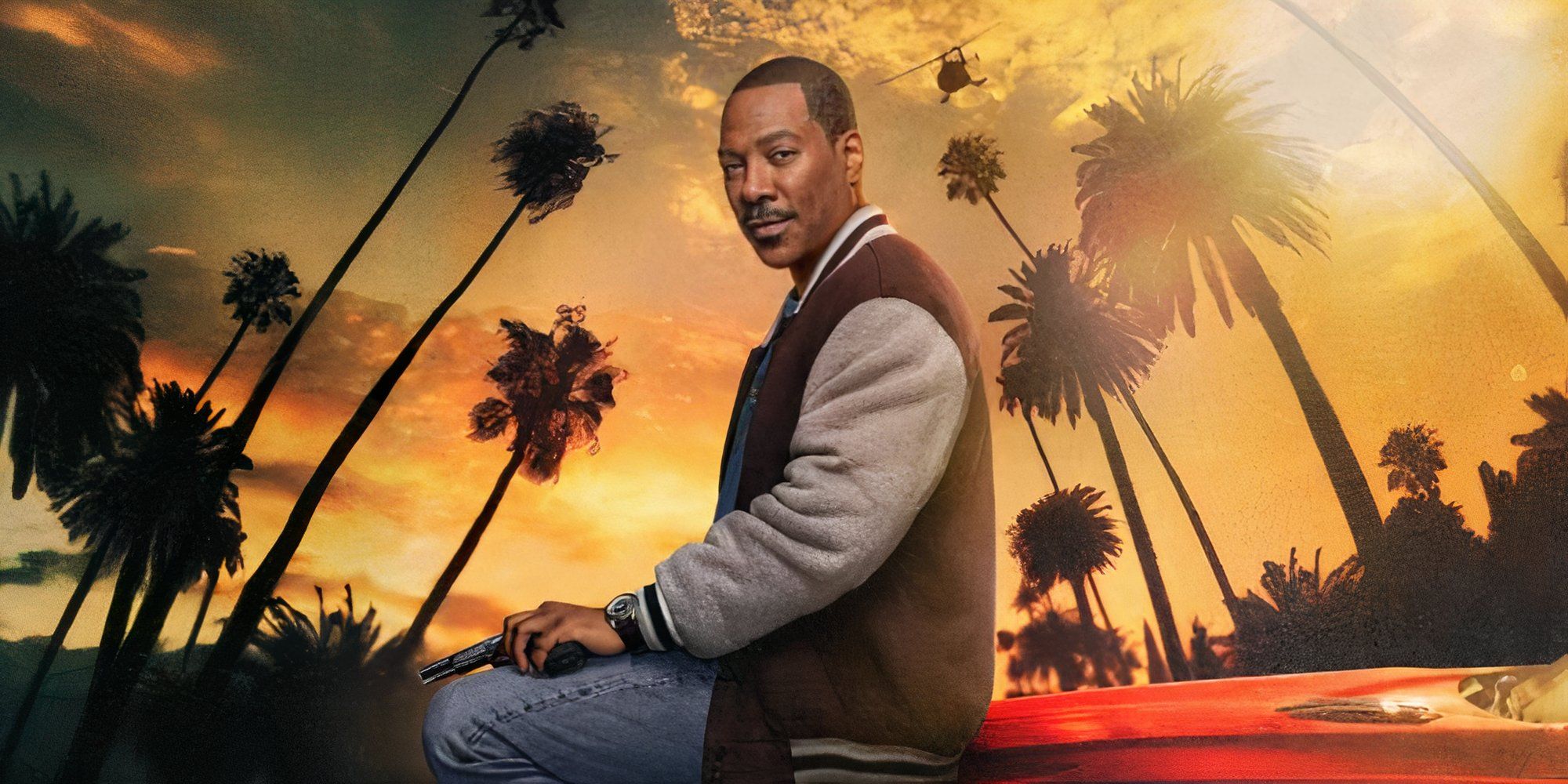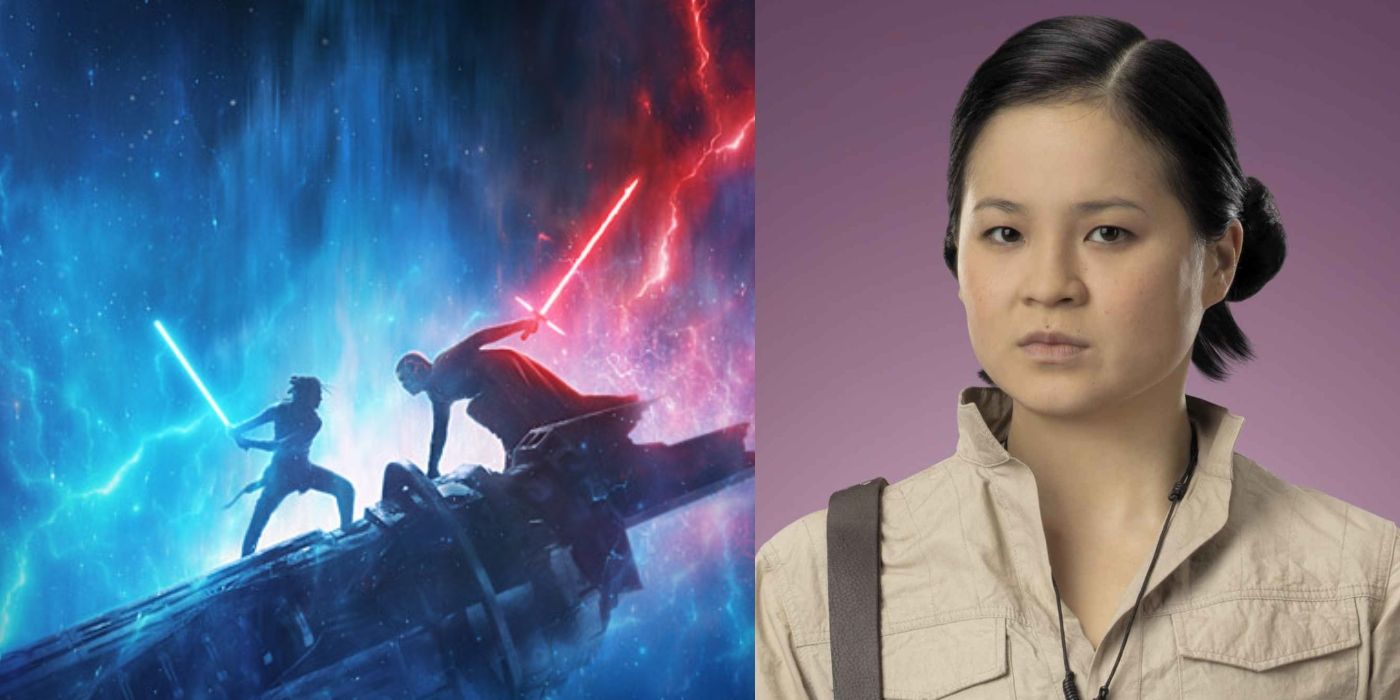The Star Wars sequel trilogy has been a hot topic of conversation since The Force Awakens released, and the conversation only grew with the releases of The Last Jedi and The Rise of Skywalker. Fans debated back and forth about if the trilogy was good or not, and which of the three movies they felt most represented Star Wars. This was especially evident after the release of The Rise of Skywalker, which was viewed unfavorably by many critics and fans.
There are a lot of individual elements that those who didn't like The Rise of Skywalker will talk about in order to prove their point, but all of these issues stem from a much larger one. The trilogy was doomed to fail because there was no consistent director or planning throughout the process, making the films feel disjointed, but The Rise of Skywalker specifically failed because the creators were too concerned about assuaging the concerns of a small group of fans.
After The Last Jedi was released, the movie was hotly contested by fans. Some loved it, and thought that director Rian Johnson was taking Star Wars in an interesting direction and subverting a lot of the tropes associated with the series, while others hated these changes and were quite vocal about how they believed that Johnson was destroying Star Wars.
It's one thing to not enjoy a movie, and quite another to hate the movie so much that the group that hates it begins to attack one of the actors. There was a small (but vocal and powerful) group of The Last Jedi critics who began bullying Kelly Marie Tran, who portrayed Rose in the film, because they hated her character and were seemingly unable to separate the two. This group of fans was notorious for their toxicity and their utter hatred for The Last Jedi, and apparently, they were the group that Star Wars was most anxious to please.
One of the criticisms lobbed at The Rise of Skywalker is that they threw out a lot of the plot points and thematic elements that were set up in The Last Jedi, and even some elements that were set up in The Force Awakens. These changes were not made in favor of the story, but rather in favor of trying to appeal to that small group of fans who were so opposed to the direction that The Last Jedi was heading. Those fans hated the character of Rose, and so her role in The Rise of Skywalker was miniscule, and the film even made small digs at the subversive routes that Rian Johnson had tried to take in The Last Jedi, especially with the character of Luke Skywalker.
The creators were scared of taking more risks because of how this group of fans had reacted, which is strange, considering there was an even larger group of moviegoers who had enjoyed The Last Jedi, and were hopeful with where the trilogy was headed after seeing that movie. This conservative approach was a step backwards for the series, and backfired in every way because they ended up satisfying no one with The Rise of Skywalker. Fans who enjoyed The Last Jedi were disappointed with the finale of the series, and those who hated The Last Jedi were still able to recognize how uninspired and disappointing The Rise of Skywalker was. The decision to try and please one small group of fans ended in mass disappointment for the audience at large.
Attempts at fan service becoming a detriment to a piece of art is not something exclusive to Star Wars, as it seems that sometimes creators of media will rely too heavily on fan reactions in the writing process. For example, when Game of Thrones fans figured out an upcoming plot twist, the writers scrapped that plot point and came up with something different (that didn't make sense) because they felt the need to stay one step ahead of the audience at all times. Fan culture has created a sort of environment where creators often feel that they need to give the fans exactly what they want, or keep them guessing, rather than going with what the story itself demands.
Media creators, especially those involved in Star Wars films, need to put aside the feelings of fans in the future, especially if the fans they are trying to appeal to are the minority opinion. While the fans are an important part of the culture around a piece of media, they are not the ones in charge, nor should they be. Creators need to do justice to the stories they're telling instead of relying on fan input for direction, especially if those fan opinions are sexist or racist, as was the case with that vocal minority of Star Wars fans.
The Rise of Skywalker was an anti-climactic ending to the trilogy, mostly because the creators were too worried about a small sub-section of fans reacting negatively to change, or to anything that felt different from every other Star Wars movie that's been made. In the end, that fear made the movie worse, and any unique or interesting plot lines and themes were thrown out in order to appeal to fans that ultimately rejected the finished product anyways. Hopefully, those at Disney and Lucasfilm learned a lesson from this experience, and remember in the future that they need to prioritize telling a good story over placating a fandom.




